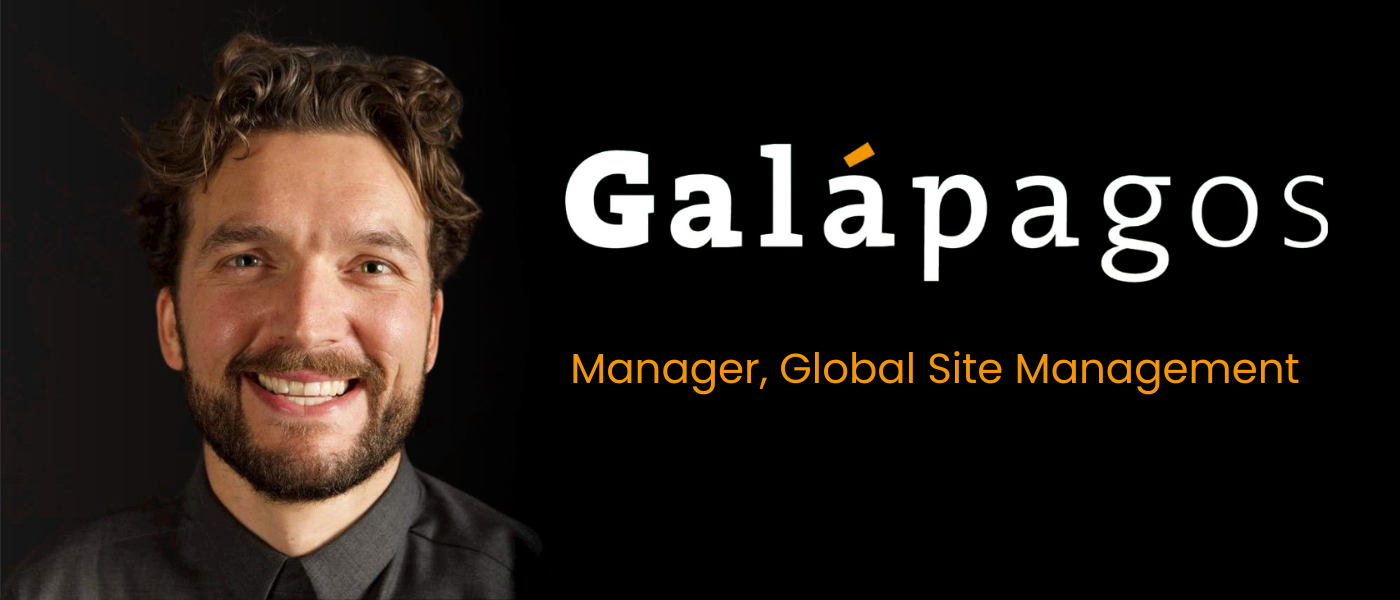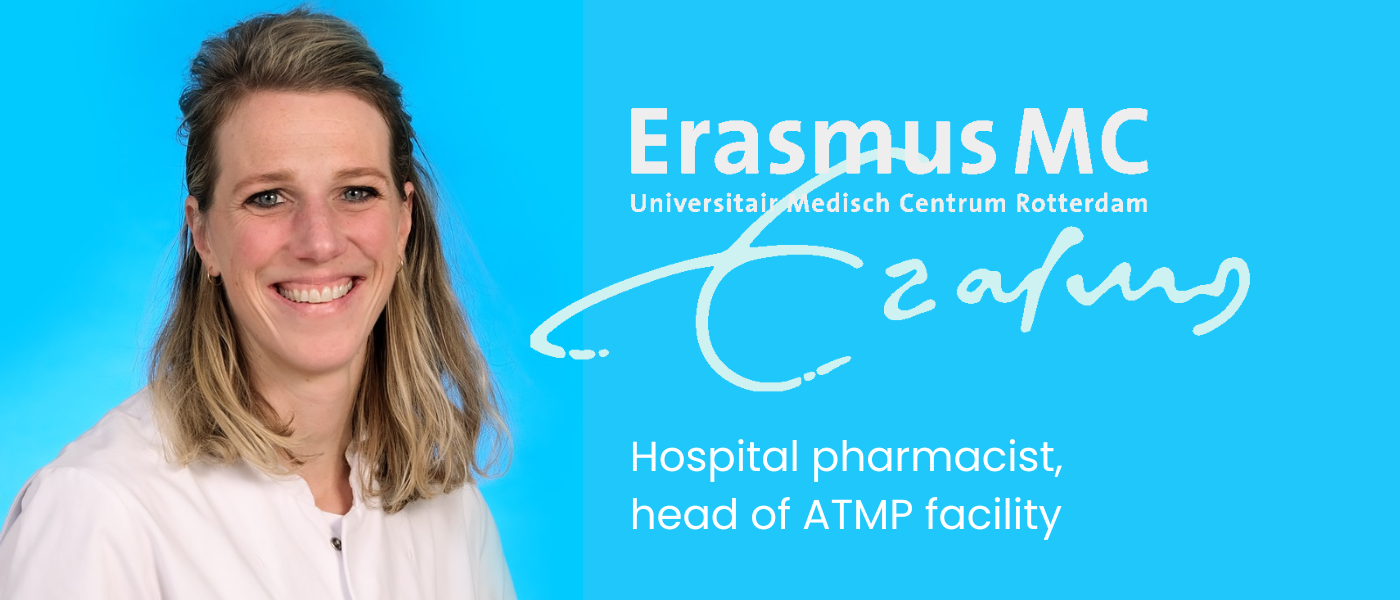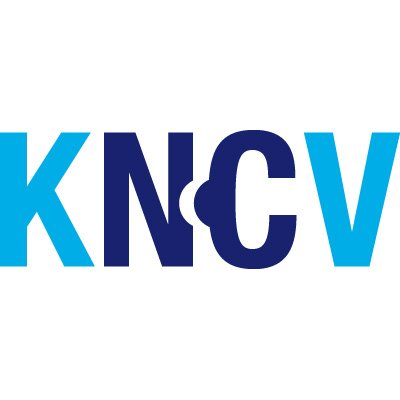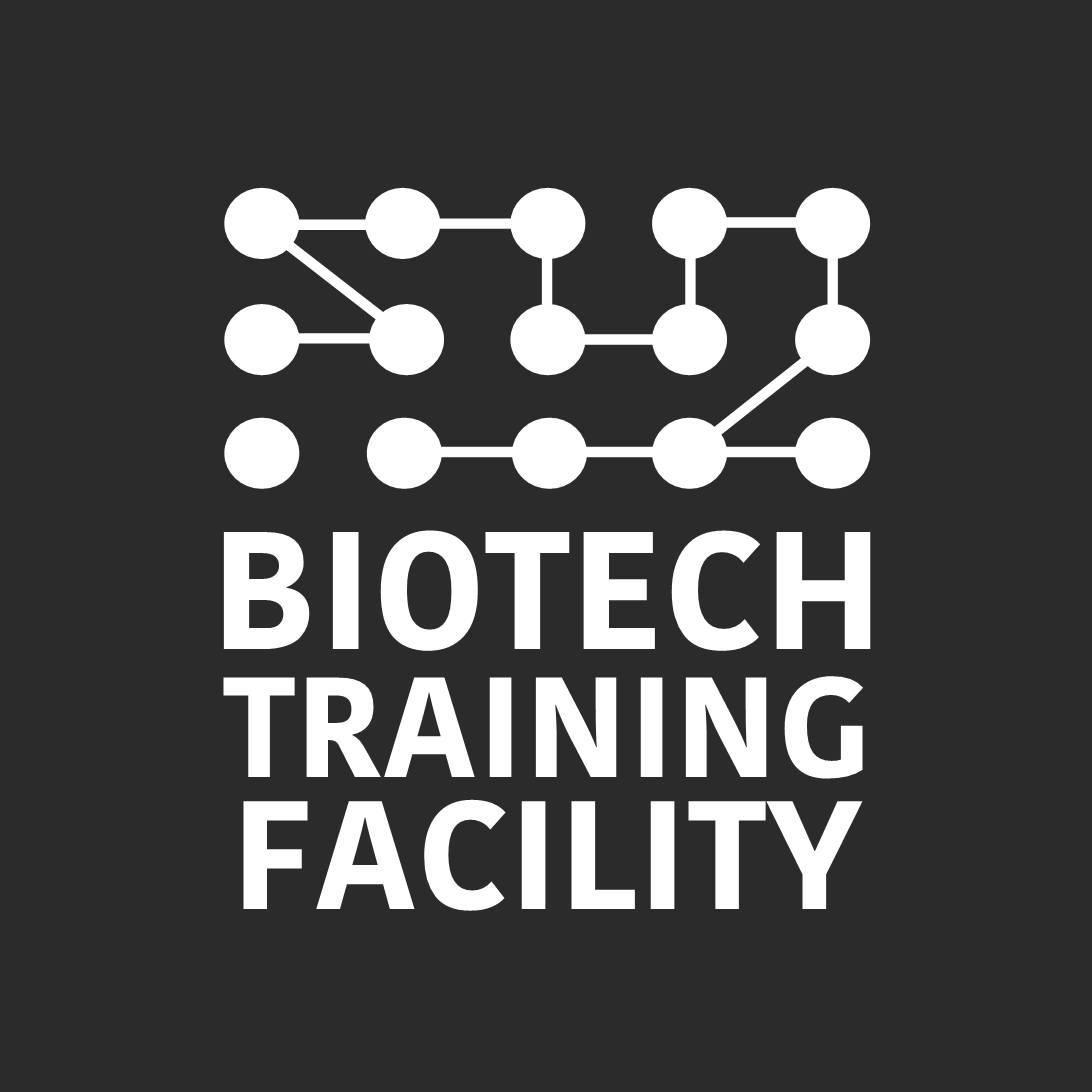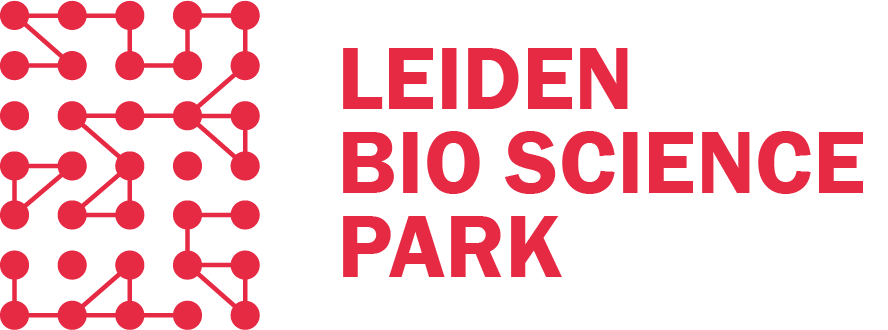Interviews
Interviewer - Lilian Vermeer
Interview with keynote speaker Kai Touw
The Galapagos decentralized cell therapy manufacturing platform
Cell therapy is a promising treatment for blood cell cancers and more recently, it has also shown promising results in solid tumors. Although current cancer cell therapies have made continued progress, long lead times, costly central manufacturing and complex logistics continue to be limiting factors for large-scale capacity and broad patient access globally. To address these challenges, Galapagos is implementing a differentiated, decentralized, cell therapy manufacturing platform that has the potential to deliver fresh, fit cell with a seven day vein-to-vein time, enabling greater physician control and a significantly improved patient experience.
Kai Touw, Global Site Manager at Galapagos, talks about the processes required to generate the exact same high quality of T cells at different locations.
In 2022, Galapagos entered into the field of cell therapy research and development through the acquisitions of CellPoint (in the Netherlands) and Abound Bio (in the U.S). The transactions provide Galapagos with end-to-end capabilities in cell therapy development and offer the potential for a paradigm shift in the space through the implementation of a decentralized cell therapy manufacturing model and cutting-edge fully human antibody-based capabilities to design next-generation cell therapies.
CAR T cell therapy
Autologous CAR T cell therapy is a type of treatment in which a patient's T cells are changed ex vivo so they will attack cancer cells. T cells are taken from a patient’s blood. In the laboratory, a gene for a receptor that recognizes the cancer cells in the patient is added to the T cells, and the modified T cells are administered back to the patient by infusion.
“While many other companies have chosen to do the processing of the T cells at a central location, we do the processing at locations closer to the patient”, says Touw. “These can be hospitals, blood banks or other GMP facilities close to cancer treatment centers, making it possible to treat patients without freezing the cells. It takes median 7 days between the collection of blood from the patient and the return of the processed T cells to the patient. The cells are fresh and fit, and don’t need to be frozen and thawed before reaching the patient. This is in contrast to manufacturing at a central location which often takes longer, requires complicated distance logistics and freezing and thawing.”
Touw has been working at Galapagos since last year. “Manufacturing of different patient’s therapies take place at different locations, but we need to ensure that patients receive the exact same high quality of therapy independent of the location. Therefore, we must make sure that everything is done in exactly the same way, building a manufacturing process on single-use components, which we can control at each location. Staff must also be trained to carry out everything according to the same process.” Galapagos has several manufacturing sites in Europe and the U.S.
Monitoring
To ensure the same high quality, Galapagos uses a platform which consists of an end-to-end electronic workflow management and monitoring system, a functionally closed, automated manufacturing platform for cell therapies (using Lonza’s Cocoon®) and a proprietary quality control testing and release strategy.
Touw: “It means that every step in the treatment process is monitored in detail and recorded. All the parameters of the cells in the bioreactor are monitored and controlled so that cells can stay in optimal conditions. All used components are of course single-use.”
Today, Galapagos has three different CAR T product candidates in Phase 1/2 clinical trials in severe hematological cancers in Europe in patients with relapsed/refractory (R/R) non-Hodgkin lymphoma (NHL), R/R chronic lymphocytic leukemia and Richter transformation, and R/R multiple myeloma. Most recently, Galapagos got clearance from the U.S. FDA to initiate the Phase 1/2 study with the CAR T candidate in R/R NHL in the U.S.
Interview with keynote speaker Sofieke de Wilde
Single use in ATMP development – an academic insight
Since 2023 the Erasmus Medical Center has a new production facility for Advanced Therapy Medicinal Products (ATMP). These products are (genetically) modified cells or tissue to treat various diseases like cancer. Sofieke de Wilde, Hospital Pharmacist and head of ATMP facility talks about developing therapies in an academic hospital environment and its challenges.
“In our ATMP facility we develop therapies in which cells from the patient's immune system are modified in such a way that they can recognize and destroy cancer cells and give a boost to the patient’s own immune system. They are used in clinical research for the treatment of various types of tumors”, says De Wilde. Examples of ATMP are TCR T cell therapy and dendritic cell therapy. “Apart from TCR T cell therapy for melanoma we also have a lot of experience with dendritic cell therapy. The main concept of cell therapy is, extracting blood from the patient, modifying the blood cells in the ATMP facility and giving them back to the patient. Currently we are developing dendritic cell therapy for treatment of lung cancer and pancreatic cancer. We have experience in phase I/II and III trials with these therapies.”
Challenge
“Research in academic centers is very important for the development of the initial phase of these types of medicines. However, it is a challenge to ensure that the therapy after the pre-clinical phase gets to clinical phase 1 and 2 and finally reaches the patient”, says De Wilde. “Sometimes a therapy is picked up by the industry and then they take over the development for the market. It happens that high prices are asked for the therapy after its official registration. The risk is that in case theses therapies are not reimbursed by health insurances, patients cannot benefit from the therapies. Our goal is to make patients better and not to make a profit. Therefore, hospitals have an important role in ensuring that the patient still receives the treatment.”
Single-use components
Single-use components play an important role in the clinical research and therapy at the ATMP facility. De Wilde: “The production is (almost) always performed using (double or even triple bagged) sterile disposable devices/tools in order to produce in accordance with cGMP guidelines.”
Although single-use components are indispensable it doesn't always feel good in terms of impact on the environment according to De Wilde. “So much plastic is used and sometimes the single-use components are packaged in two or three layers of again - plastic. And all this is thrown away and incinerated after use.” She hopes that something can be done to change this.
Sofieke de Wilde is a keynote speaker at Single-Use Event 2024. To learn more about the presentation she will give during the event, click here
Single Use Event 2024
 Registration website for Single Use Event 2024
Registration website for Single Use Event 2024Alea Publishersbasvandenengel@aleapublishers.nl
Alea Publishersbasvandenengel@aleapublishers.nlhttps://www.single-use.nu/153299
2024-09-10
2024-09-10
OfflineEventAttendanceMode
EventScheduled
Single Use Event 2024Single Use Event 20240.00EUROnlineOnly2019-01-01T00:00:00Z
CORPUSCORPUSWillem Einthovenstraat 1 2342BH Oegstgeest Netherlands

